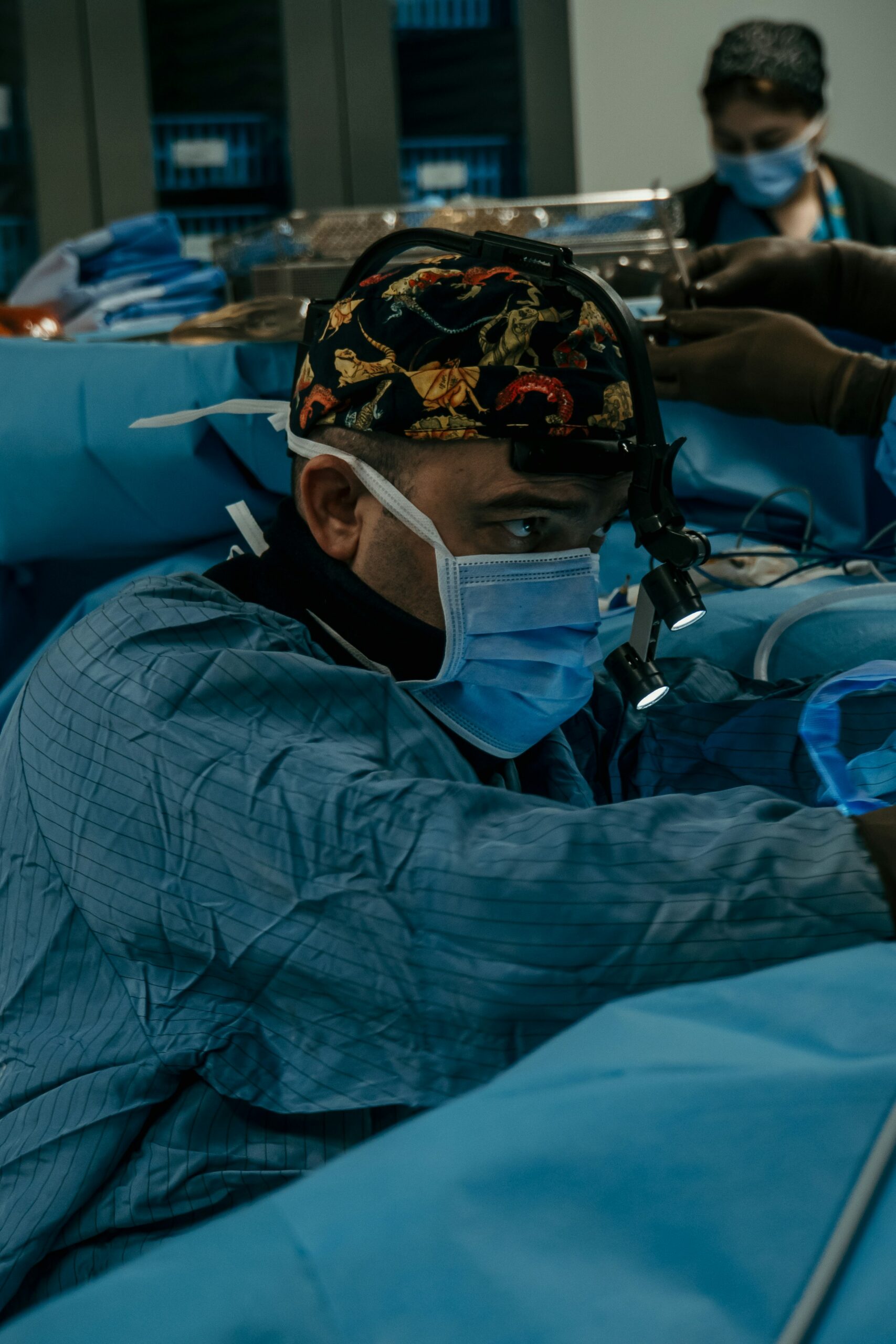
A strong research portfolio is essential for surgeons aiming to contribute to medical knowledge, improve patient outcomes, and advance their careers. Developing such a portfolio requires careful planning, dedication, and strategic actions. This article explores how surgeons can effectively build a research portfolio highlighting their expertise and commitment to innovation in surgery.
Understand the Importance of Research in Surgery
Research in surgery plays a critical role in refining techniques, improving patient care, and advancing medical science. As a surgeon, contributing to research demonstrates a commitment to evidence-based practice and continuous learning. A well-rounded research portfolio can also open doors to academic appointments, funding opportunities, and leadership roles.
Moreover, active involvement in research strengthens clinical skills by encouraging critical thinking and problem-solving. Surgeons who engage in research remain at the forefront of medical advancements, helping to translate new knowledge into better surgical interventions.
Set Clear Research Goals Early
Starting with clear, focused research goals helps surgeons create a targeted portfolio. Identify areas of interest that align with your clinical practice or emerging fields within surgery. Setting achievable objectives guides your choice of projects and ensures that your work remains relevant and impactful.
Having specific goals also makes it easier to measure progress and adjust your research direction as needed. Whether your focus is on clinical trials, surgical innovations, basic or translational reserach, or health outcomes, defining goals early ensures consistent momentum toward building a substantial body of work.
Collaborate with Experienced Researchers
Forming collaborations with established researchers and mentors enhances the quality and reach of your work. Experienced colleagues can guide study design, data analysis, and publishing strategies. Collaborative efforts often lead to higher-impact publications and successful grant applications.
Furthermore, working within a research team fosters knowledge exchange and professional networking. These relationships can lead to future projects and invitations to present at conferences, further strengthening your portfolio and professional reputation.
Engage in Diverse Research Activities
Diversifying research activities broadens your expertise and makes your portfolio more impressive. In addition to clinical research, consider involvement in clinical trials, education research or health services studies. If you are pursuing basic and translational reserach, consider collaborating with investigators in totally different disciplines. Engaging in various types of research showcases your versatility and adaptability.
Participation in systematic reviews, meta-analyses, and guideline development adds value to your portfolio. These projects often have broad clinical implications and demonstrate leadership in synthesizing evidence. A diverse portfolio reflects a comprehensive commitment to advancing surgery from multiple angles.
Publish Regularly in Reputable Journals
Publishing is a key metric of research productivity. Aim to publish your findings regularly in reputable, peer-reviewed surgical journals. Consistent publication demonstrates your ongoing contributions to the field and builds your professional credibility.
Select journals that fit your research focus and audience. Prioritize quality over quantity, ensuring that each publication offers meaningful insights. Additionally, consider reputable open-access journals to increase the visibility and accessibility of your work.
Present Research at Conferences and Meetings
Presenting research findings at national and international conferences is vital for gaining recognition and feedback. Oral presentations, poster sessions, and panel discussions allow you to share your work with peers, experts, and potential collaborators.
These events also provide networking opportunities that can lead to new projects or collaborations. Conference participation signals your active engagement in the surgical community and commitment to advancing the discipline.
Seek Funding Opportunities
Securing research funding is a crucial step in building a sustainable research portfolio. Funding supports resources such as personnel, equipment, and data collection. Pursue grants from government agencies, professional societies, and private foundations.
Developing strong grant-writing skills improves your chances of obtaining funding. Highlight the significance, innovation, and feasibility of your projects in applications. Successfully funded research enhances your portfolio’s prestige and enables you to undertake more extensive or complex studies.
Maintain Detailed Documentation of Your Work
Keeping thorough records of all research activities helps organize your portfolio and simplifies reporting for promotions or grant applications. Systematically document study protocols, ethical approvals, data sets, publications, and presentations.
Using digital tools or portfolio management software can streamline this process. Detailed documentation also supports transparency and reproducibility, which are increasingly important in research integrity.
Balance Clinical and Research Responsibilities
Surgeons often face demanding clinical schedules, making it challenging to dedicate time to research. Prioritize time management by allocating specific hours or days to research activities. Setting realistic expectations prevents burnout and ensures steady progress.
Institutional support is also critical. Seek environments encouraging research through protected time, administrative assistance, and a collaborative culture. Balancing clinical duties with research is demanding but achievable with strategic planning and support.
Pursue Continuous Education and Training
Ongoing education in research methodology, novel techniques, statistics, and scientific writing strengthens your skills. Attend workshops, online courses, and seminars to stay updated on best practices and emerging techniques.
Developing expertise in these areas improves the quality of your research and enhances your confidence when designing studies and interpreting results. Continuous learning signals dedication to excellence and keeps your portfolio current and competitive.